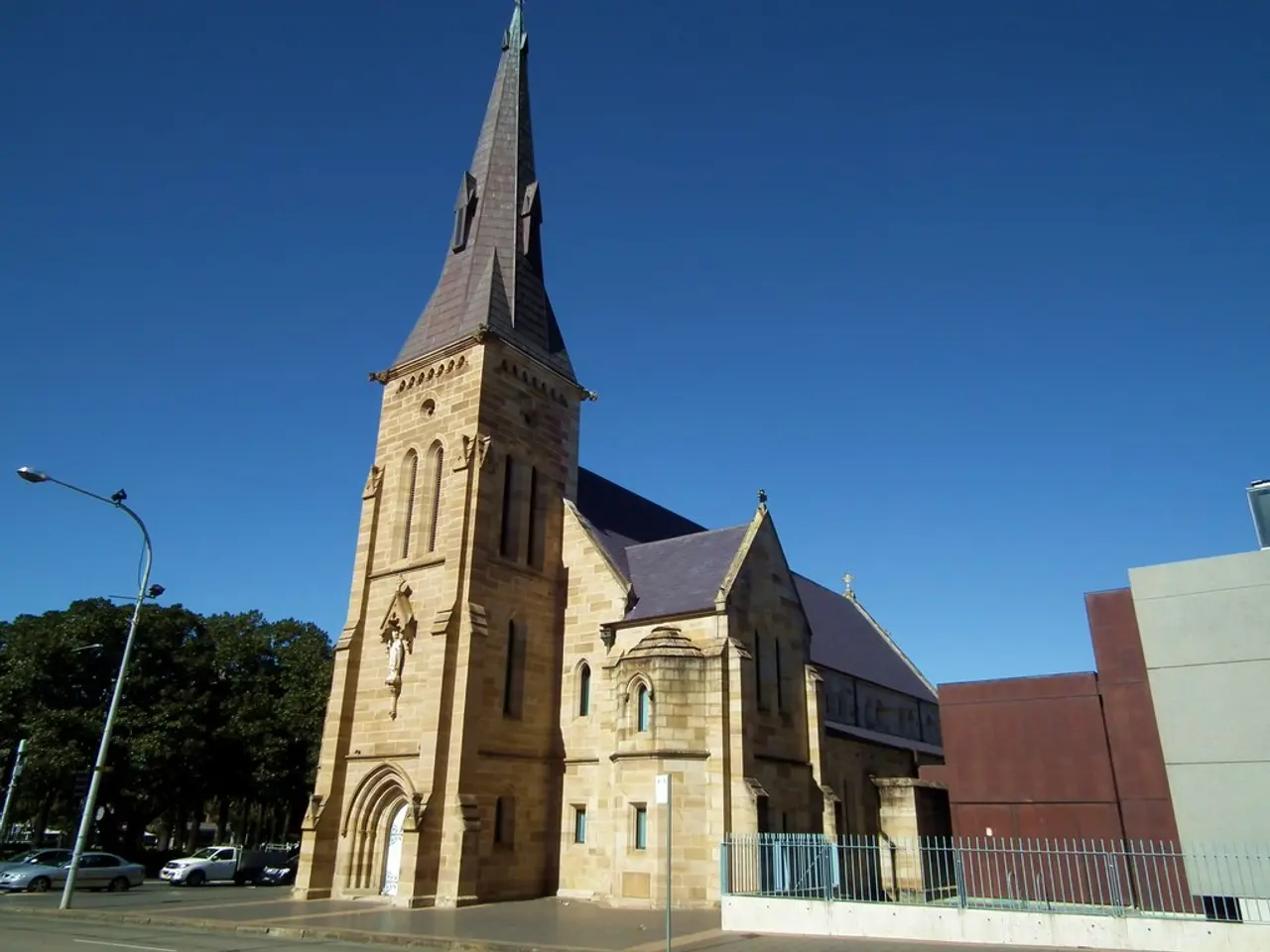Citizens of Ariadne affirm the necessity of fairness and transparency during the shift towards sustainable transportation and heating systems
The Kopernikus Project Ariadne, funded by the Federal Ministry of Education and Research, facilitates dialogue between science and society to ensure transparency and social justice in the climate transformation. The project invites randomly selected citizens from across Germany to discuss arguments, individual perspectives, and motivations about the heat and mobility transition.
On 1./2 June 2024, the Ariadne Citizen Conference took place, with participants valuing being part of a factual discourse on the transformation. The conference resulted in two reports, one on the heat transition and another on traffic transition, published in 2025.
Regarding the heat transition, citizens expect clear political signals for long-term climate measures instead of a stop-and-go policy. They are open to changes in heat policies, provided they are understandable, fair, and effective. However, there is uncertainty due to the difficult political and media communication of the Building Energy Act, with participants complaining about a lack of planning security, a lack of financial means for necessary investments, and a high bureaucratic burden for funding.
In the discussions on the mobility transition, there is significant skepticism towards E-mobility. Participants wish for more information about acquisition prices, ranges, charging infrastructure, and the environmental friendliness of electric vehicles. They support the dedicated use of CO2 price revenues for the expansion of renewable energies rather than climate money. Citizens also expressed concerns about regulatory measures not burdening low-income households or specifically, in the area of transport, people living in rural areas.
Noah Kögler, an Ariadne researcher from the Potsdam Institute for Climate Impact Research (PIK), noted that participants had prior knowledge about the heat transition but found discussions about CO pricing and climate money more abstract and complex.
The report for the Ariadne Citizen Conference on Heat Transition was published by Julia Epp, Noah Kögler, Daniela Steidle, and Katja Treichel-Grass, while the report for the Traffic Transition was published by Katja Treichel-Grass, Nicolas Koch, Lukas Hoff, Dorothea Kistinger, and Daniela Steidle. The author of the Ariadne Report "Citizen perspectives on political measures of the heat transition - Results of the Ariadne Citizen Conference 1./2. June 2024" is not explicitly stated in the search results, but among the listed contributors to Ariadne-related publications is Alyssa Gunnemann from ETH Zürich, which could suggest her involvement.
The expansion of bus and rail transport could be financed through higher parking fees or a city toll, making public transport clearly cheaper than cars in competition. Regulations and regulatory measures should be designed fairly and with a focus on a socially just distribution of costs to ensure their acceptance by citizens.
Insights gained from these deliberations contribute to developing scientifically researched policy measures that are socially acceptable. The project continues to facilitate open dialogue between science and society, working towards a sustainable and equitable climate transformation.
Read also:
- Understanding Hemorrhagic Gastroenteritis: Key Facts
- Stopping Osteoporosis Treatment: Timeline Considerations
- Tobacco industry's suggested changes on a legislative modification are disregarded by health journalists
- Expanded Community Health Involvement by CK Birla Hospitals, Jaipur, Maintained Through Consistent Outreach Programs Across Rajasthan








